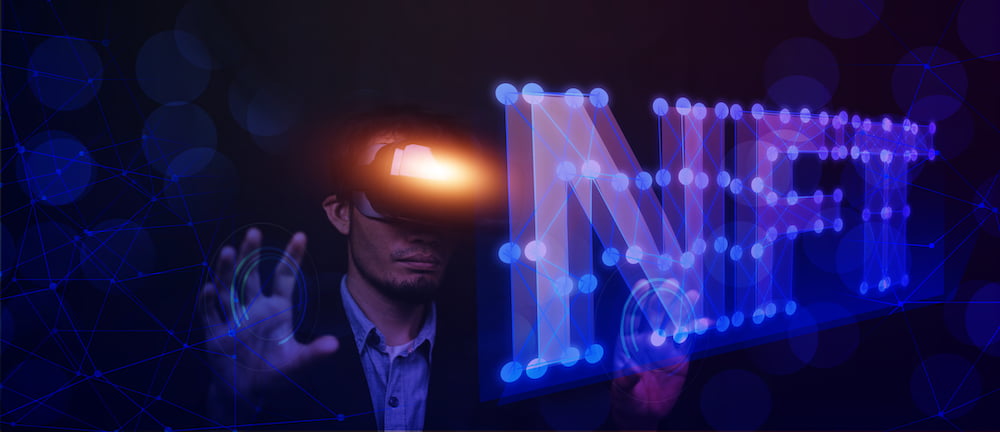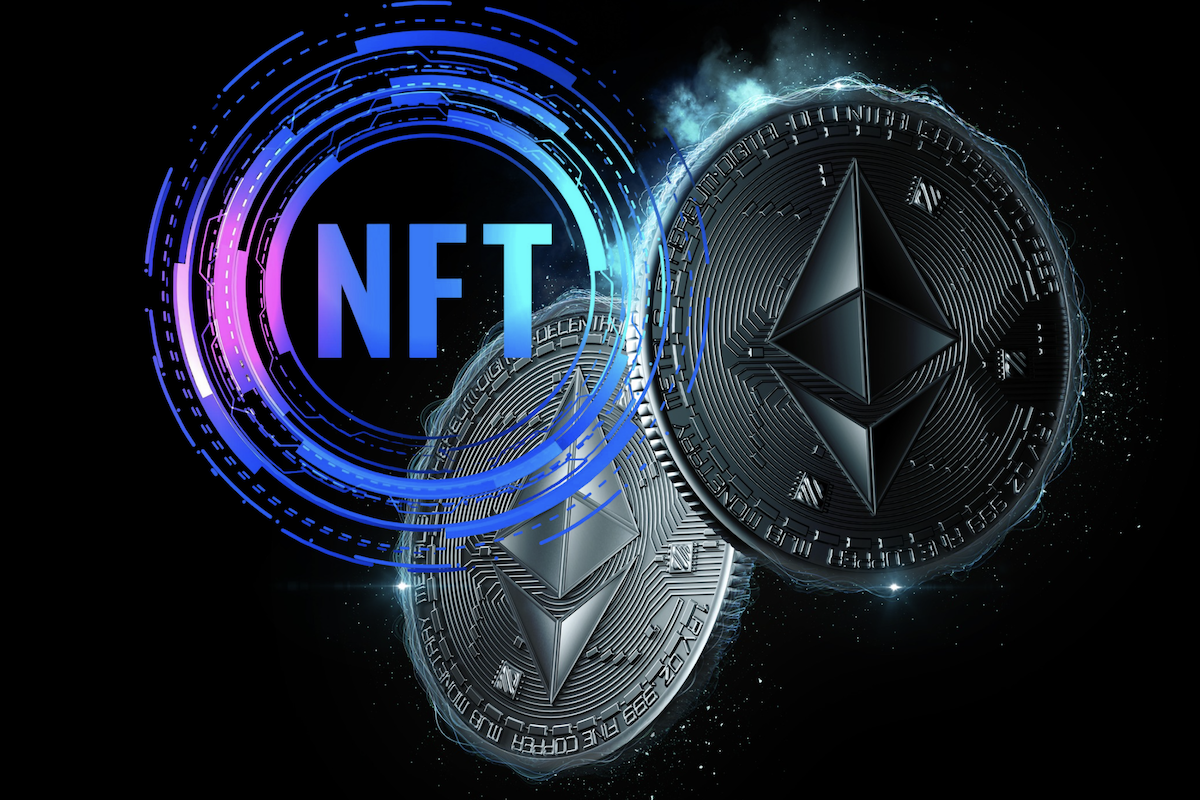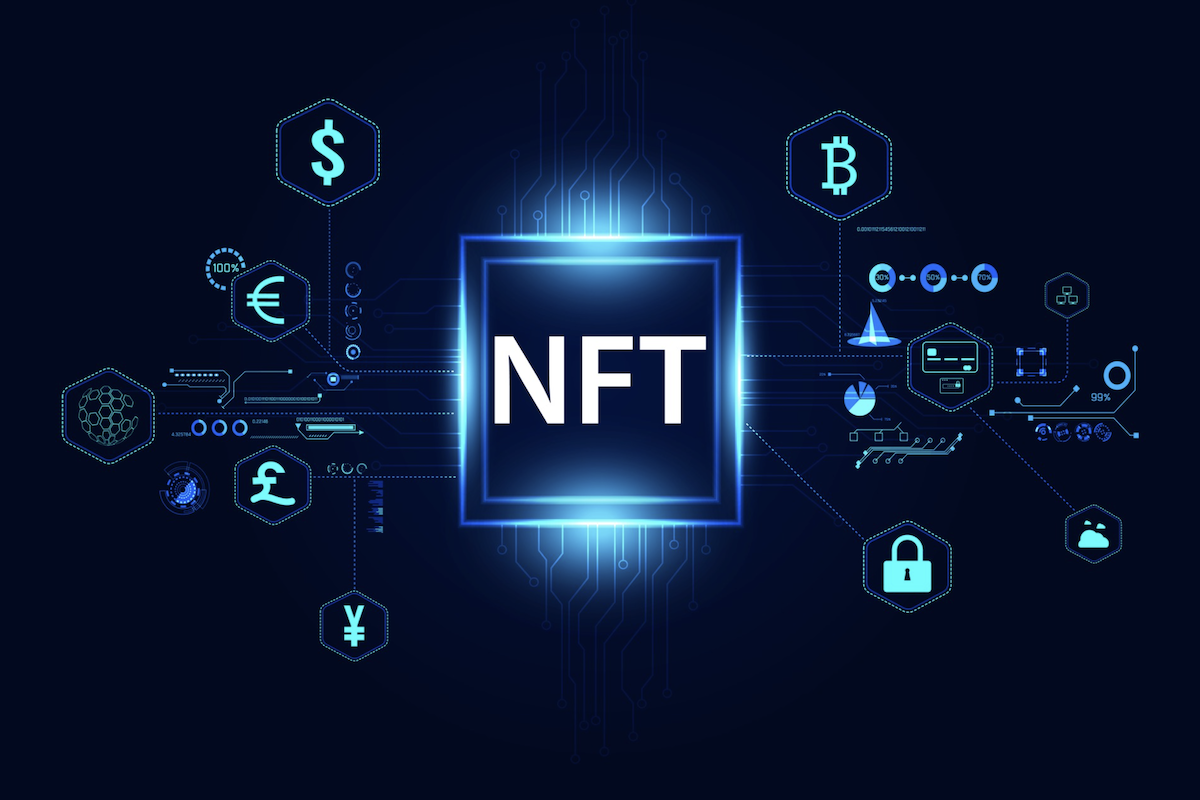How AI Can Shape Web3 Technology
Experience the revolution of AI and Web3. Dive into the world of decentralization, blockchain, and tokenization.

Artificial Intelligence (AI) and Web3 are two of the most talked-about technological advancements poised to redefine the digital future. With its ability to learn and adapt, AI is revolutionizing how we interact with technology. Web3, on the other hand, represents the next phase of the internet's evolution, focusing on decentralization and blockchain technology.
When AI meets Web3, the synergies created have the potential to transform industries, from data analytics to digital assets like NFTs. In this article, we will explore the intersections of AI and Web3 technology and how they are shaping our digital world.
The Emergence of Web3
Web3, often referred to as the decentralized web, is a new iteration of the World Wide Web that incorporates decentralization, blockchain technologies, and token-based economics. Unlike the current web (Web2), where data is centralized in the hands of a few major companies, Web3 promises a future where power is in the hands of users.

The Role of AI in Web3
Artificial intelligence is set to play a pivotal role in the development and operation of Web3 by making it more intelligent, intuitive, and accessible.
Enhancing Blockchain with AI
AI can optimize blockchain operations in several ways, including:
- Efficiency: AI algorithms can improve the efficiency of mining processes, reducing the time and energy required to validate transactions.
- Security: Advanced AI-powered security protocols can detect and prevent fraudulent activities on the blockchain more effectively than ever before.
Smart Contracts
By utilizing advanced decision-making capabilities, artificial intelligence can greatly enhance the functionality of smart contracts in Web3. This allows for more intelligent and fluid transactions on decentralized blockchain platforms.
Smart contracts are essentially self-executing agreements that contain coded terms and conditions. They automatically carry out predetermined actions when specific conditions are fulfilled, promoting trust, transparency, and transaction efficiency.
Data Analytics and Predictive Modeling
AI plays a crucial role in data analytics in a Web3 world, where data is decentralized, and ownership is distributed among users. Artificial intelligence can help analyze vast amounts of data generated on the blockchain to identify patterns, predict market trends, and provide valuable insights to businesses and investors.

AI and Web3 Technology Synergies
The convergence of AI and Web3 technologies is creating innovative applications and services that will redefine the digital landscape.
Decentralized AI Marketplaces
Decentralized AI marketplaces have the potential to boost efficiency and accessibility while also cutting costs by removing intermediaries. By facilitating direct interactions between consumers and AI service providers, these marketplaces leverage blockchain technology and smart contracts to simplify transactions and enhance transparency, immutability, and security.
Autonomous NFTs
The incorporation of NFTs and AI presents immense potential. By infusing AI into NFTs, creators can produce one-of-a-kind and tailored digital content that evolves with time. This powerful combination allows for the minting of NFTs with embedded AI algorithms, which are capable of performing many tasks, such as generating personalized material and conducting predictive analytics.
As a result, the possibilities for dynamic and interactive digital content creation are endless. Undoubtedly, we are just beginning to uncover the full capabilities of these two technologies when combined. Nonetheless, several initiatives are already leveraging their potential to develop systems that would have widespread benefits.

Art
AI can push the boundaries of digital art and aid in creating diverse and one-of-a-kind NFT artworks. By utilizing AI, artists can delve into uncharted concepts, techniques, and formats that may not have been previously attainable.
In addition, AI-generated NFT art can potentially elevate artists' inventiveness and individuality through its capacity for inspiration, constructive criticism, and teamwork.
Autonomous Agents and DAOs
AI's potential extends beyond its traditional role in improving governance and decision-making processes. Decentralized Autonomous Organizations (DAOs), which operate on a blockchain with rules encoded as computer programs, often make decisions through collective agreement among members. However, the integration of AI into DAOs has the power to enhance their efficiency, transparency, and adaptability significantly.
By utilizing AI, the decision-making process within DAOs can be automated and optimized. These advanced algorithms can analyze massive amounts of information, including proposals, member preferences, and past outcomes, to identify valuable patterns and trends to inform decisions.
In addition, AI has the potential to improve the clarity of DAOs by supplying logical and fact-based reasoning for actions taken, granting members access to reliable data and insights necessary for informed decision-making. Such enhanced transparency fosters mutual reliance among members and stakeholders and fosters a sense of responsibility within the organization.
Challenges at the Intersection of AI and Web3
Integrating AI and Web3 technologies presents numerous opportunities and significant challenges. Ethical considerations arise as AI decision-making impacts decentralized Web3 platforms. Moreover, ensuring these platforms remain democratic while benefiting from AI is complex and requires careful regulation.
Data privacy is another primary concern. AI's ability to analyze vast data risks user privacy in decentralized environments. New frameworks are needed to protect data while utilizing AI analytics. Additionally, ensuring Web3 platforms can scale to support these operations as AI systems grow in complexity is crucial for their success.

Real-World Applications of AI in Web3
Several real-world applications already demonstrate the potential of combining AI with Web3 technology.
Several real-world applications already demonstrate the potential of combining AI with Web3 technology. In Decentralized Finance (DeFi), AI algorithms predict market movements, automate trading strategies, and manage assets on decentralized platforms operating on blockchain technology. Additionally, blockchain-based supply chains augmented with AI can lead to more efficient tracking of goods and better prediction of supply and demand.
AI can also enhance personalized experiences by analyzing user interactions on decentralized applications (dApps). This personalization is similar to AI use in Web2 but offers the added benefits of data ownership and privacy provided by Web3.
The Future of AI and Web3
The fusion of AI and Web3 is still in its nascent stages, but it's clear that the two technologies complement each other and have the potential to create a more secure, efficient, and equitable internet.
Decentralized Intelligence
By combining AI algorithms with blockchain technology, decentralized AI networks can be formed. These networks involve training and executing models across a distributed network of nodes, promoting transparency, decreasing reliance on centralized servers, and improving security.
Improved User Experiences
By combining AI algorithms with blockchain technology, decentralized AI networks can be formed. These networks involve training and executing models across a distributed network of nodes, promoting transparency, decreasing reliance on centralized servers, and improving security.
Conclusion
AI and Web3 could reshape the digital landscape in profound ways. By understanding and embracing these technologies, we can participate in creating a more decentralized and intelligent internet that promises greater security, efficiency, and fairness for all.
Overall, integrating AI with Web3 is challenging, but the potential rewards are immense. As we stand on the brink of this new digital era, it is essential to foster innovation, address ethical and privacy concerns, and build a future where technology serves society's betterment.





